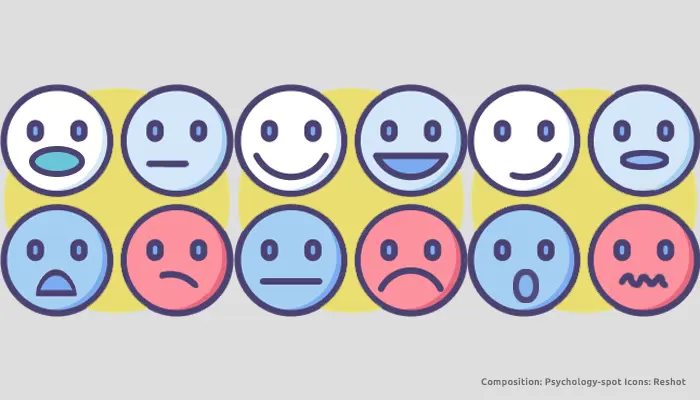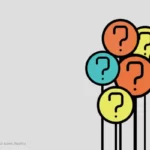
Expressing emotions assertively is one of our pending subjects. It is not strange if we consider that we live in a highly repressive culture of emotions. From a young age, they teach us that we must repress “negative” emotions because they are not well seen. We are not supposed to get angry or frustrated, and if we feel sad or dejected, we should hide it so as not to show our vulnerability. However, more and more studies are going in the opposite direction and showing why it is good to express our emotions.
Expressing emotions generates changes in our brain
The stimuli to which we continually expose ourselves generate a response at the brain level that triggers different emotions. When we see a photograph of an angry or scared face, for example, a region of the brain called the amygdala is activated, which acts as an alarm system that triggers a cascade of physiological and emotional reactions that help us prepare to face the supposed danger.
Neuroimaging studies have shown that the amygdala is so sensitive that it is activated even when we see these photographs subliminally; that is, so fast that we cannot process them on a conscious level. However, our unconscious mind captures and processes them.
When the reaction of the amygdala is very intense, we can suffer an emotional hijacking. That is, the limbic system – with the amygdala as the main manager – takes over and we stop thinking rationally. Then we can become impulsive and are likely to say or do things that we later regret. The good news is that there is a very simple way to monitor the response of the amygdala.
UCLA neuroscientists found that if we see an angry face and verbally label it, the activation of the amygdala is reduced. In their experiments, they asked a group of people to catalog the emotions conveyed by the faces that appeared in the images. The researchers found that the amygdala was less reactive when people labeled those emotions and feelings.
They also found that when expressing emotions, another region of the brain is activated: the right ventrolateral prefrontal cortex. This zone has been associated with the verbal expression of emotional experiences and is implicated in the inhibition of behavior and emotional processing.
Expressing emotions allows us to free ourselves from their weight
Expressing emotions is good because it is like stepping on the brakes of our most impulsive emotional responses. As a result, we will be less angry or sad. That is, we can reduce the emotional impact of situations, which helps us maintain our emotional balance, even in the worst circumstances.
The right ventrolateral prefrontal cortex can deactivate the first emotional response that is activated before a stimulus that makes us angry, saddened or frustrated. That also gives us the psychological leeway we need to reflect and act accordingly. Thus we can move from impulsive reaction to considered action.
Therefore, expressing emotions helps us find more adaptive responses to problems. It preserves our mental balance and our reasoning, so that we can look for alternatives and choose the most convenient one.
That is why talking about our problems with someone and expressing our concerns has a cathartic effect. So when we confess how we feel, we can take a weight off our shoulders. It is not a mere metaphor. Talking about our feelings really lightens their weight.
In fact, sometimes it is not even necessary to verbalize those emotions, writing a therapeutic diary can also be beneficial to release that emotional weight that we often carry on our backs.
Practicing mindfulness can also help us reduce the response of the amygdala. In practice, we just have to focus attention on ourselves and label what we are feeling, but without getting attached to that emotion. It is simply a matter of recognizing that emotional state. We can tell us: “I feel very angry/frustrated/sad.”
That act of emotional recognition will not eliminate the problem, but it will allow us to see it better, from a more balanced perspective. It will help us make peace with our emotional reactions. Ultimately, accepting emotions, rather than denying and repressing them, is the first step in managing them.
To conclude, it should be clarified that the right ventrolateral prefrontal cortex develops mainly during preadolescence and adolescence, so this stage of life would be a sensitive period to learn to express emotions assertively and contain their negative impact.
Source:
Lieberman, M. D. et. Al. (2007) Putting feelings into words: affect labeling disrupts amygdala activity in response to affective stimuli. Psychol Sci; 18(5): 421-428.




Maria says
Brilliant approach to psycology -love the soft metaphor of the esoteric sciences.